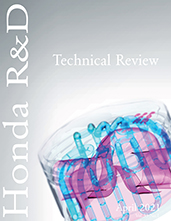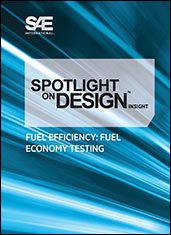Training / Education
Design of Experiments - Basic Simplified Taguchi
Design of Experiments is a statistically based, structured approach to product or process improvement that will quickly yield significant increases in product quality and subsequent decreases in cost. Products and processes can be designed to function with less variation and with less sensitivity to environmental factors or customer usage. While still maintaining high quality from a customer's viewpoint, products and processes can utilize lower cost materials and methods. Specifications can be opened-up with wider tolerances while still maintaining high quality for customers.



